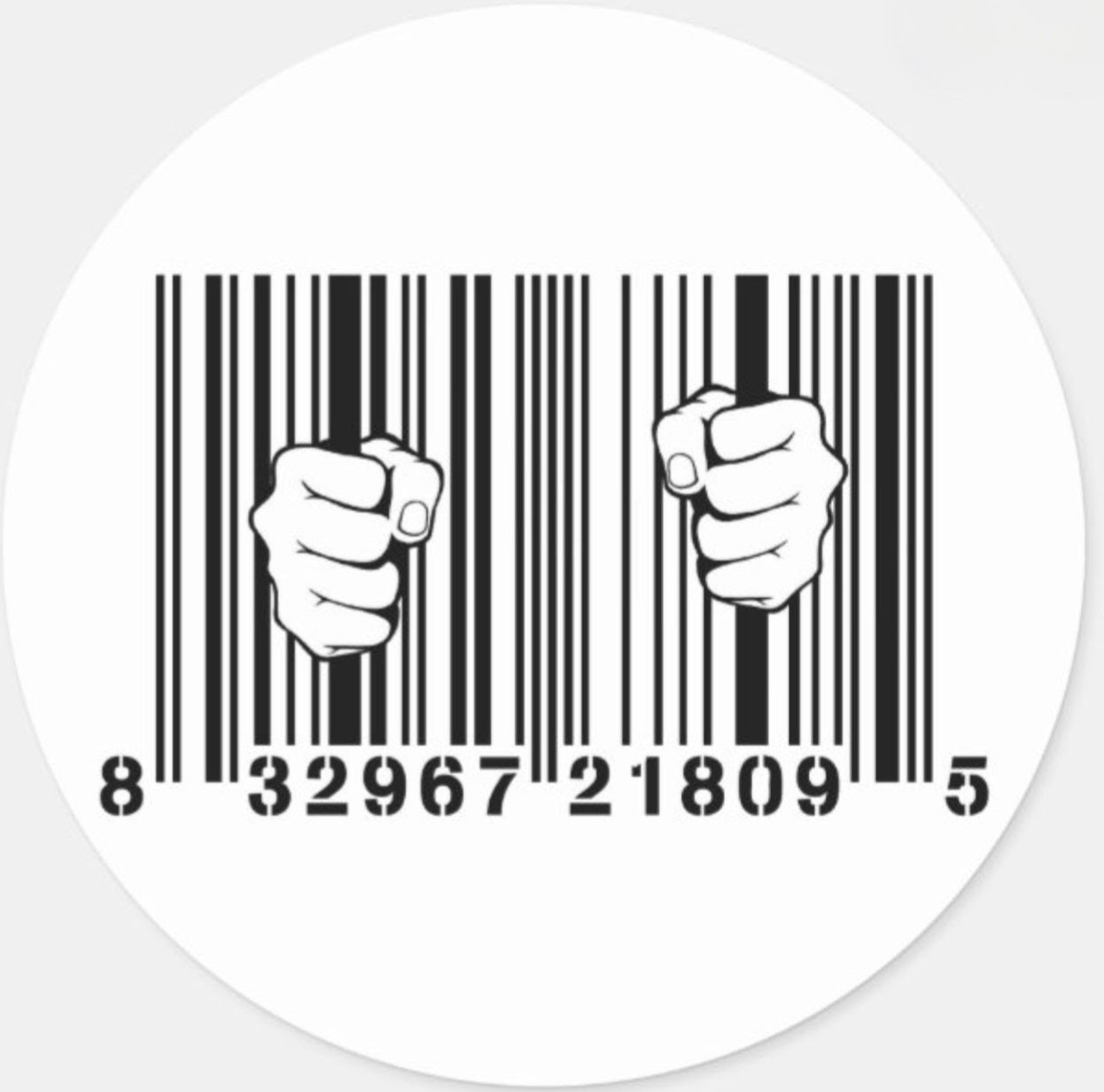

You literally think you know better than wiki, thinking you know better and confidently claimed so, despite misusing basic terminology around the subject. You commnet is nothing other than a lack of self awareness, drawing in irony.
You:
Which is when Adam Smith starts ranting about Mercantilism and he and David Hume are really cooking up Capitalism
Also you, the link you sent
Adam Smith is often identified as the father of modern capitalism. While accurate to some extent, this description is both overly simplistic and dangerously misleading.
I’m embarrassed for you.
Nobody likes a confident ass much less one who’s just so wrong.
Exactly, take your own advice and fuck off and get your money back from that university.
As you clearly read none of it, I only had to read the first part, as that disproved your nonsense straight away which can be seen by your own words and your own link.
I don’t need to do better than wiki. You haven’t disproven them. You just declared them to be shit, thinking your arrogance alone can refute what it says. You university should’ve taught you to actually quote specific parts of articles and not just link their entirety, declaring them to agree with you despite it disproving you within the first couple of sentences.
The edu link disproved you, instantly. So, that’s literally exactly what happened. Its not my fault you made a clown out of yourself by proving yourself wrong. I wish you hadn’t done it too. Its taken the sport out of it.